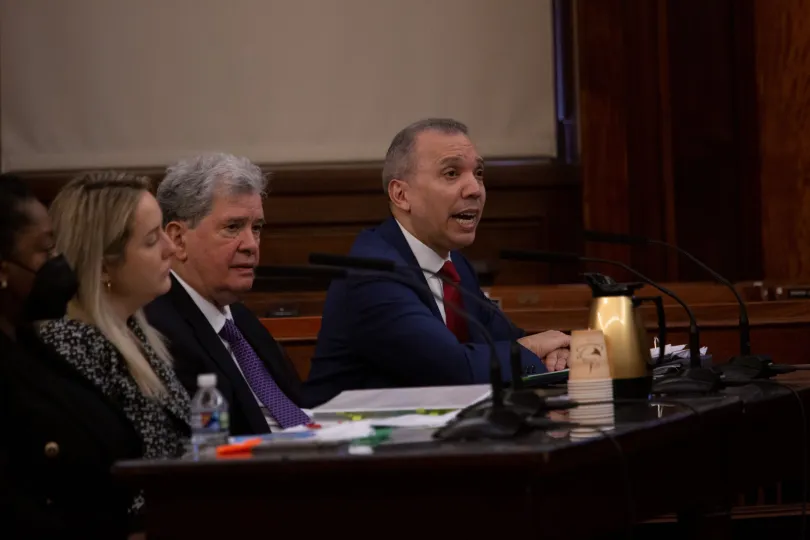City Council Grills Jails Commissioner on Treatment of Trans Detainees at Rikers
In a combative appearance, Louis Molina denied there was a problem at the Department of Corrections, despite the collapse of the LGBTQ+ Affairs unit under his tenure.

 This article was originally published on by THE CITY
This article was originally published on by THE CITY
At a hearing on Wednesday morning, City Council members grilled New York City’s corrections commissioner, Louis Molina, over his administration’s treatment of incarcerated trans women on Rikers Island.
The heated inquiry comes on the heels of a recent investigation by THE CITY (and co-published by New York Magazine) which exposed the collapse of a Department of Correction unit dedicated to protecting LGBTQ+ detainees. THE CITY uncovered numerous cases of agency officials failing to take prompt action following trans women’s reports of sexual harassment, rape and attempts at self-harm.

Brooklyn Boro
View MoreNew York City’s most populous borough, Brooklyn, is home to nearly 2.6 million residents. If Brooklyn were an independent city it would be the fourth largest city in the United States. While Brooklyn has become the epitome of ‘cool and hip’ in recent years, for those that were born here, raised families here and improved communities over the years, Brooklyn has never been ‘uncool’.